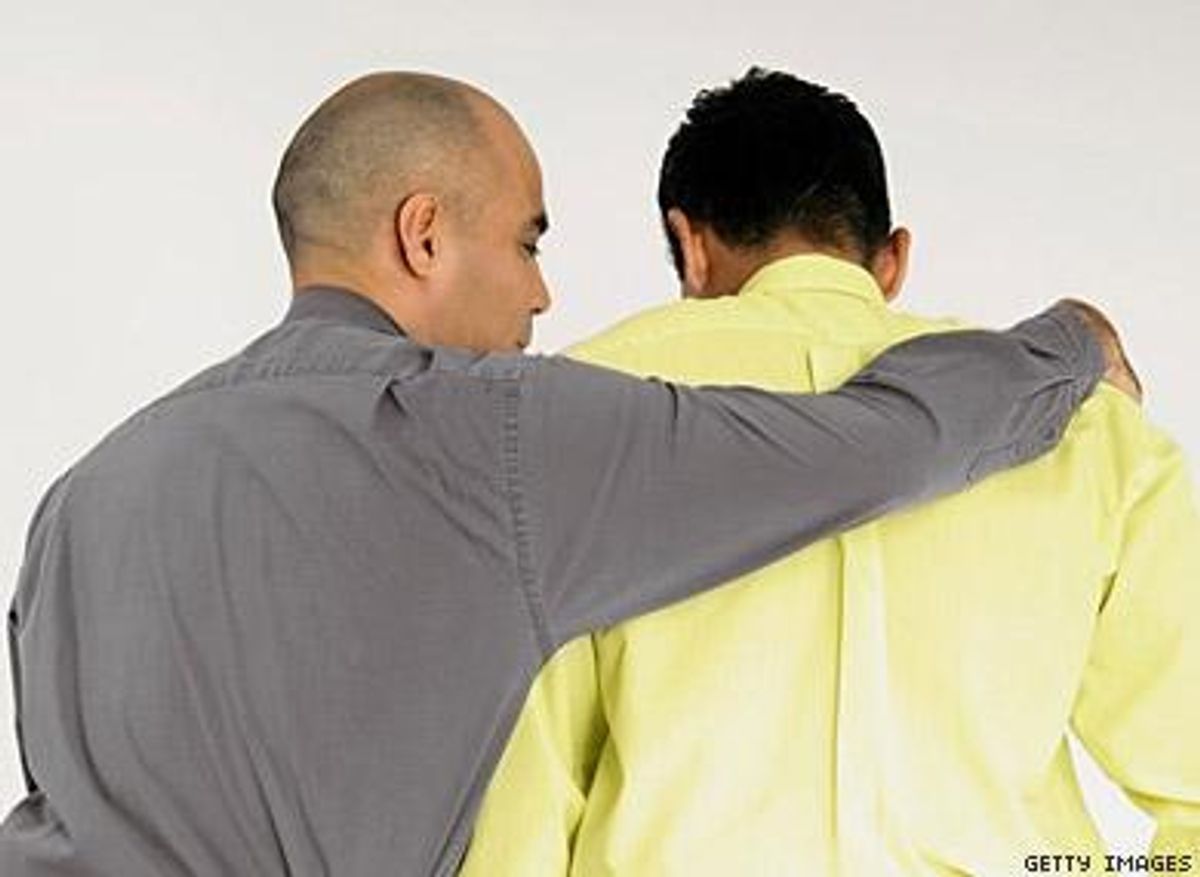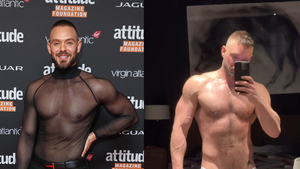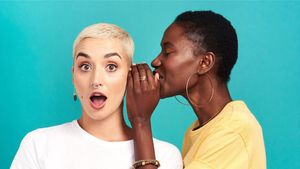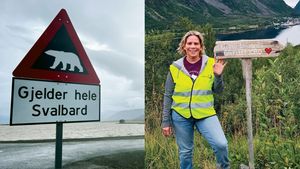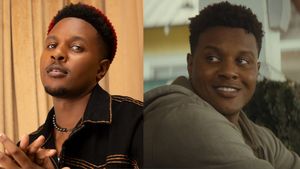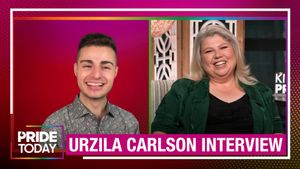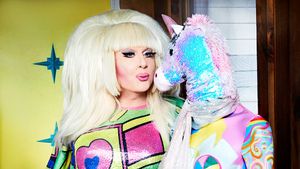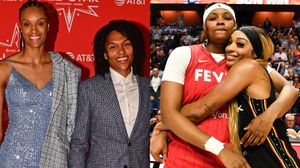All Rights reserved
By continuing to use our site, you agree to our Private Policy and Terms of Use.
The date was going perfectly. Conversation was effortless. The home-cooked meal was terrific. There was a definite mutual attraction.
"So I said to my date, 'If this goes any further, you need to know my HIV status,'" says Thomas Hardy, a 47-year-old Philadelphian diagnosed with HIV 19 years ago. "Right then, in the middle of eating, he stood up, walked me to his front door, and handed me my coat. I said, 'Well, I guess we're done.' And we were."
Sadly, the disrespect and rejection Hardy experienced is far too common. Many HIV-positive gay men report so much tension between themselves and HIV-negative guys that there's "sero-segregation" that goes well beyond simply serosorting -- choosing partners of the same HIV serostatus as oneself.
"There are people I meet online who don't even want to just hang out," says 39-year-old Jayson Stonne of Santa Clarita, Calif. "Literally, they won't even go to a movie with me because they don't want any positive people in their lives, period."
But the division isn't driven solely by those who are HIV-negative: Many HIV-positive gay men self-segregate, particularly when it comes to dating and sex, but often even simply for socializing.
"One of the reasons for that are worries about disclosure and rejection," says Joseph Brister, an HIV-positive AIDS educator in Long Branch, N.J. "For some, it's easier to be with other positive guys, if you may be treated as 'damaged goods' by HIV-negative men if you're open about your status."
With such an immense minefield of anxiety and bias separating HIVers from their negative peers, bridging that ever-widening divide is becoming a crucial issue among gay men.
Daniel Garza, a longtime Houston activist, says he believes the Swiss AIDS Commission's controversial announcement that some HIVers pose no infection risk just might be the catalyst to start the gay community's healing process. "Whether you agree with the announcement or not--and I'm on the fence about it myself," the 37-year-old says, "I really do think it will get conversations started about the realities of being involved with someone who is HIV-positive and help allay some of the fears out there. Helping us all understand each other a little bit more is definitely a good place to start."

